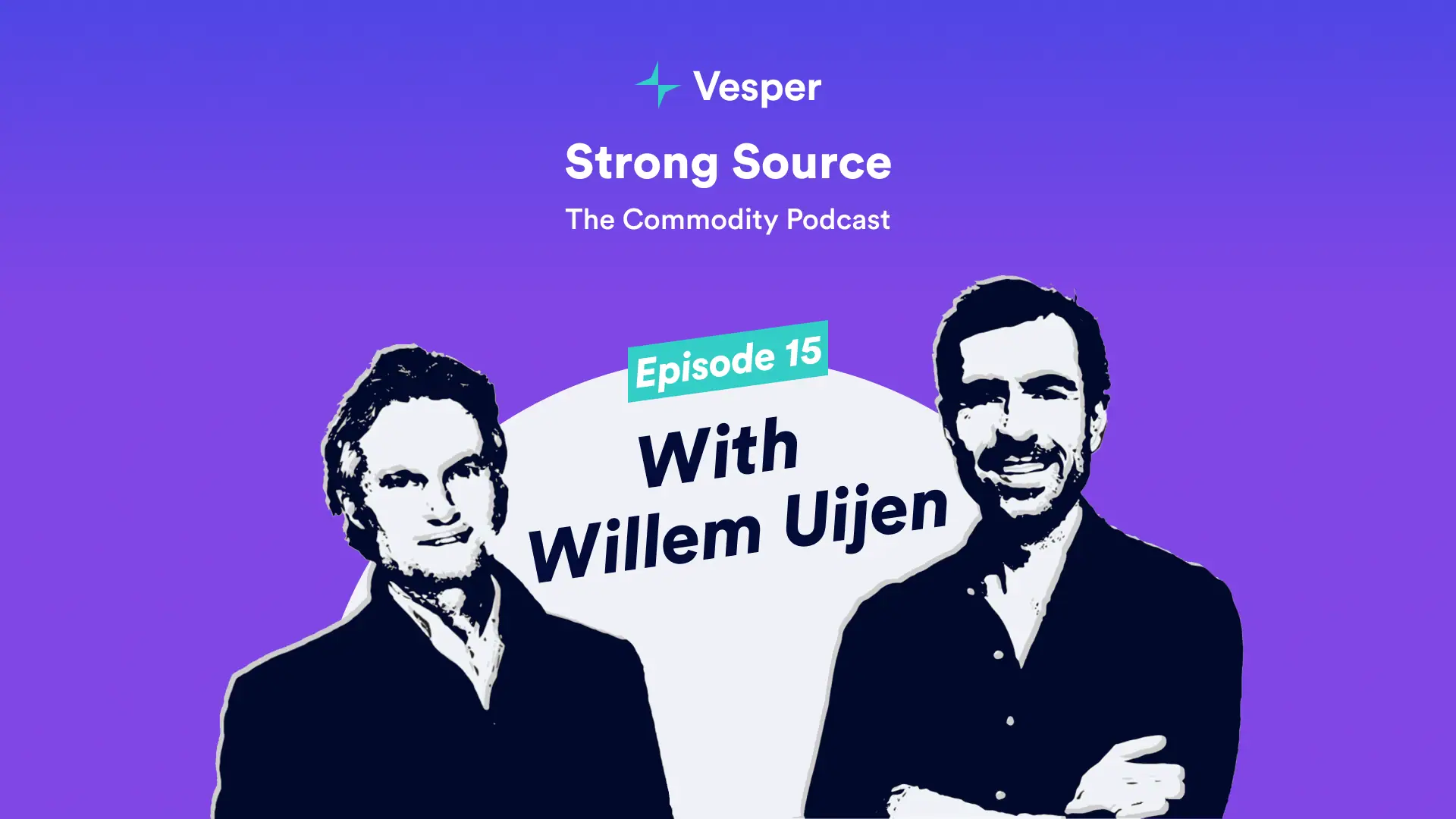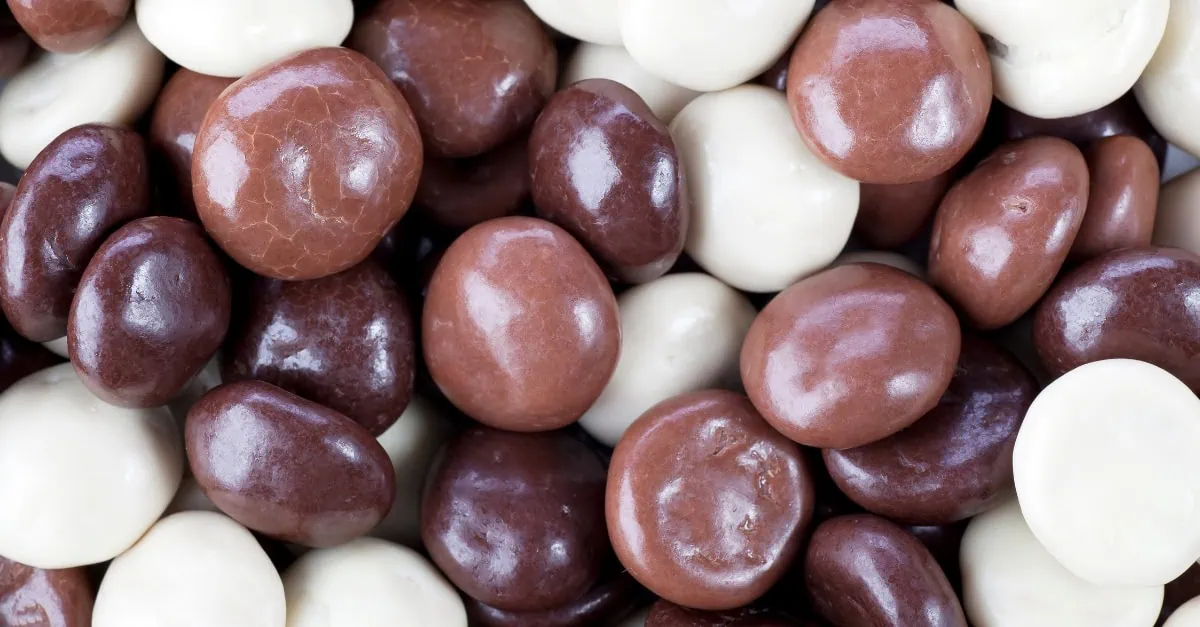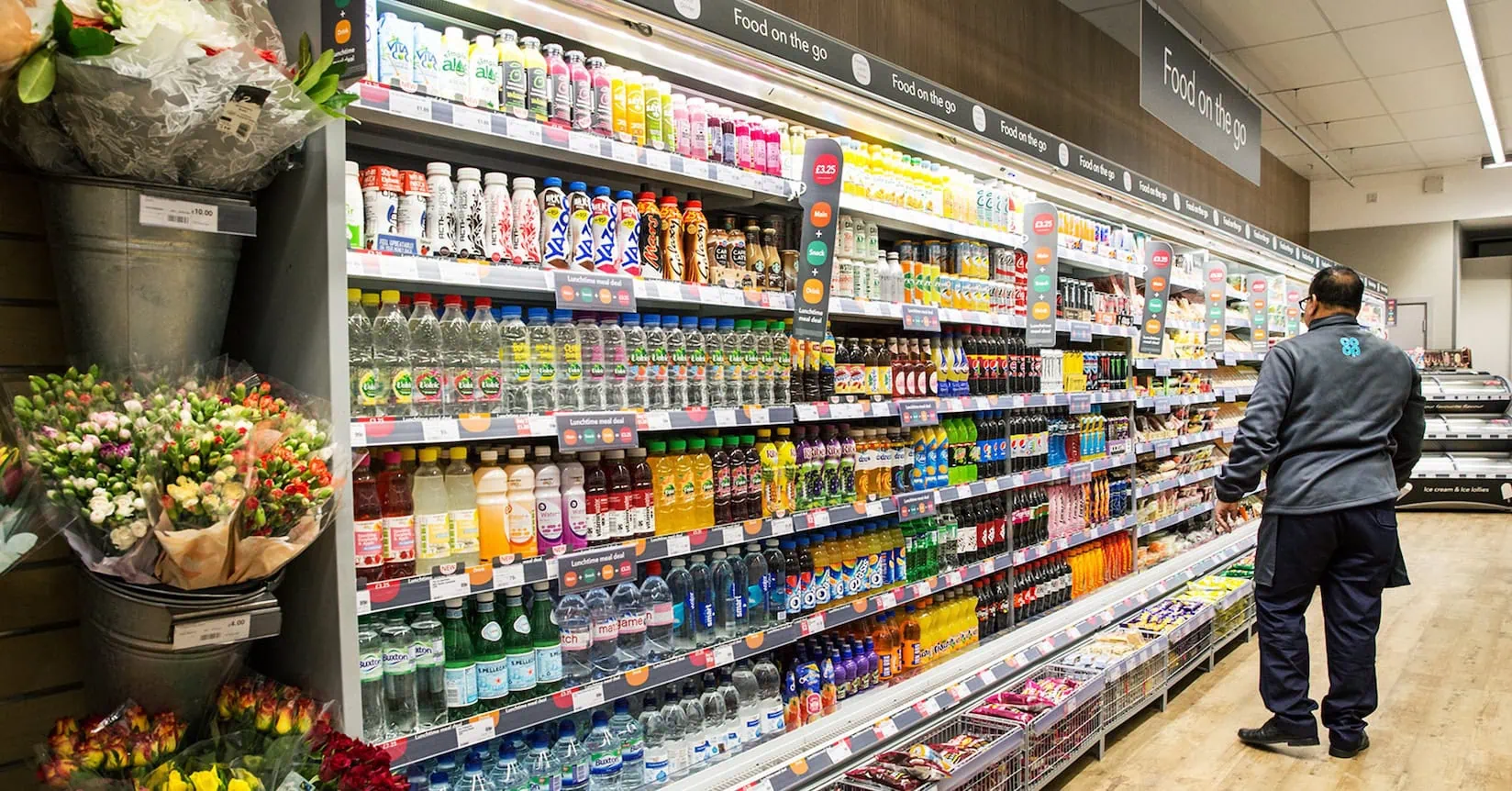In this insightful episode of the Strong Source Podcast, hosted by Martijn Bron and Alexander Sterk, we speak with Willem Uijen, Chief Procurement Officer at Unilever. Willem offers valuable insights into the challenges and strategies of managing global commodities, discussing key topics like sustainability, supply security, and handling market volatility. Join us for an engaging conversation with one of the top leaders in the FMCG industry.
You’ve been with Unilever for over 25 years, working across various roles in supply chain management. What brought you to your current role in procurement?
I’ve spent most of my career in Unilever’s supply chain, working in markets across Latin America and Asia, including Mexico and India. About two years ago, I transitioned into procurement, and it’s been an exciting journey. Supply chain management is deeply integrated with procurement, especially in categories like home care, where commodity exposure plays a critical role in keeping factories running and supporting product innovation. I’ve always enjoyed the close interaction between supply chain and procurement, so this move felt like a natural progression.
As Unilever’s Chief Procurement Officer, you oversee a vast range of commodities. Can you share how your team manages such diverse materials, from packaging to raw food ingredients?
At Unilever, we manage a procurement spend of around $40 billion annually, with over half of that directly linked to commodities like energy, packaging materials, palm oil, and dairy. Our procurement team is organized into business groups like beauty and well-being, nutrition, and home care, each with their own CPO. However, for commodities that span across business groups, such as palm oil or logistics, we manage them globally to ensure consistency and efficiency.
We focus on two key priorities: securing supply and providing price stability. It’s essential for us to stabilize prices so that the business can invest in our brands and deliver consistent value to our consumers.
The past few years have been marked by extreme volatility in commodity markets. How does Unilever navigate this volatility
Volatility is certainly a challenge, but we’ve developed strategies to manage it. We use a system we call the “pricing horizon,” which allows us to cover the necessary period to provide stability for our business. Beyond that, our Commodity Risk Management (CRM) team looks for opportunities to secure long-term price stability. Every week, we review the top commodities we’re exposed to and assess how our strategies align with market conditions.
The key is balancing the short-term need to protect the P&L while also taking advantage of opportunities for better pricing further down the line.
Sustainability is a huge focus for Unilever. How does your procurement team contribute to achieving the company’s sustainability goals?
Sustainability is at the heart of what we do, especially in procurement. For example, reducing greenhouse gas emissions largely depends on the materials we buy, with over 70% of our value chain emissions coming from procurement-related activities. We’ve been working on ensuring no deforestation in our supply chains for key commodities like palm oil and cocoa, using technology like geolocation to track and trace raw materials. This helps us ensure that the products we source are deforestation-free.
Sustainability also drives our innovation agenda, as we work with suppliers to develop more sustainable products and packaging. For instance, we’ve collaborated with partners on new materials for packaging and alternative ingredients that reduce our environmental footprint.
In terms of commodity trends, how do you see the industry evolving, especially with growing concerns around sustainability and transparency?
The industry is undoubtedly moving towards greater transparency, particularly as consumers and governments demand more accountability in supply chains. At Unilever, we’ve been preparing for regulations like the European Union Deforestation Regulation (EUDR) by strengthening our sourcing practices over the past decade. Technology has played a big role in this, allowing us to monitor and trace commodities back to their origins.
In terms of volatility, I believe we’ll continue to see fluctuations in commodity prices, and businesses that can manage this well will have a competitive edge. For procurement teams, this means investing in capabilities like risk management and long-term strategic planning.
Want to listen to the full episode? Head to your favorite podcast app here:
What is the Strong Source Podcast?
Our mission with the Strong Source podcast is to educate and inform, by creating a community where experts and guests from the entire commodity industry can share their unique perspectives. Martijn Bron, ex-cacao trader, and Alexander Sterk, ex-dairy trader and founder of Vesper, have a deep-passion for this industry, which inspired them to start this venture: “We’ll be sharing our personal experiences, the valuable lessons we’ve learned along the way, and give you a glimpse of what to expect in our future episodes.” This podcast is powered by Vesper, the leading commodity platform (www.vespertool.com).



